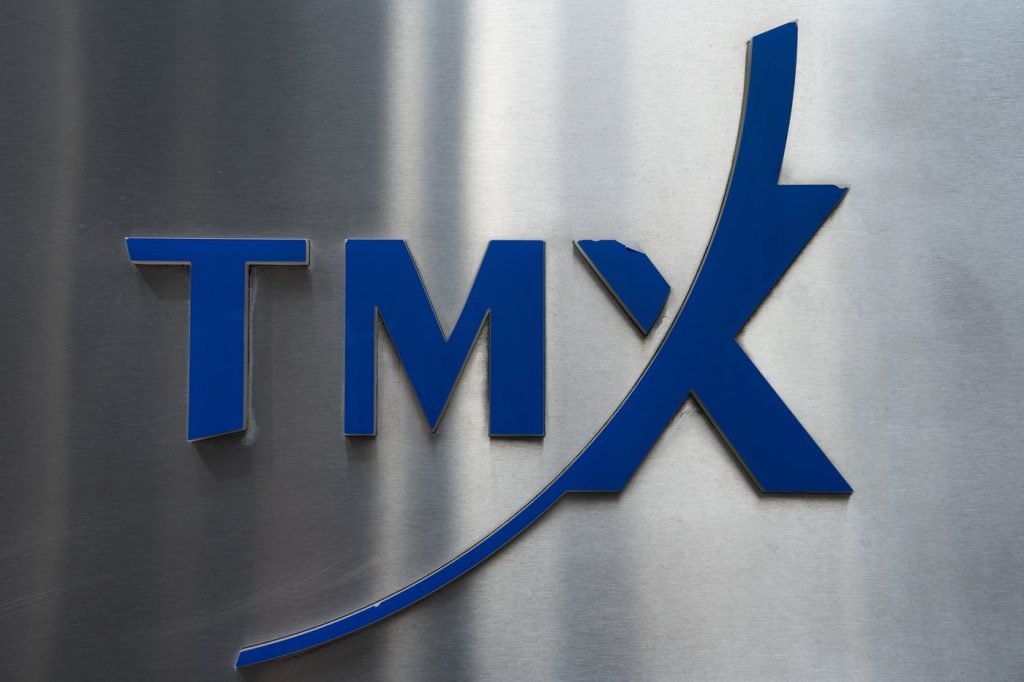S&P/TSX composite up more than 100 points, loonie down after Trump trade comments

Posted Jan 21, 2025 12:47:27 PM.
Last Updated Jan 21, 2025 05:45:06 PM.
TORONTO — Strength in financial and technology stocks helped Canada’s main stock index gain more than 100 points Tuesday, while the loonie declined after the latest comments by U.S. President Donald Trump about the possibility of tariffs on Canadian goods coming on Feb. 1.
The S&P/TSX composite index closed up 110.05 points at 25,281.63.
In New York, the Dow Jones industrial average was up 537.98 points at 44,025.81. The S&P 500 index was up 52.58 points at 6,049.24, while the Nasdaq composite was up 126.58 points at 19,756.78.
Markets rose in a delayed reaction to Trump’s inauguration, after being closed Monday for Martin Luther King Jr. Day, said Philip Petursson, chief investment strategist at IG Wealth Management.
Many of Trump’s promised policies are viewed as being good for business, especially certain sectors, which is why the Dow Jones led the pack Tuesday, he said.
“At the same time, I also think it’s what wasn’t said. And what wasn’t said was a hard line on tariffs,” said Petursson.
Trump has said he plans to enact sweeping tariffs on imports from Canada and other countries, and there were fears he would do so on the first day of his presidency. Instead, he indicated they could come on Feb. 1.
“I think that was a bit of a relief for the markets,” said Petursson.
“It’s better than the worst-case scenario.”
Markets may have taken the delay as an indication that the tariffs, when they come, “might not be as severe as what was first advertised,” he added.
The Canadian dollar traded for 69.61 cents US compared with 69.78 cents US on Monday.
U.S. earnings season continued to chug along in the background, with 3M and Charles Schwab both beating expectations in reports released Tuesday.
“The earnings that are coming in (are) kind of setting the stage for a good year,” said Petursson.
In Canada, the latest report on inflation saw prices rise 1.8 per cent year over year in December, down from 1.9 per cent in November.
The report sets up the Bank of Canada to continue cutting its key interest rate, said Petursson, including at its upcoming meeting Jan. 29.
“I can’t see how the Bank of Canada would do anything but cut rates,” he said.
Meanwhile, the U.S. Federal Reserve — which has its decision on the same day — is likely to pause as the economy south of the border has been significantly stronger, said Petursson.
However, both central banks need to be “ready to act on the consequences of the tariffs,” he said. In the U.S. that could mean more inflationary pressures, while in Canada economic growth is at risk.
“It’s almost like a tale of two central banks,” he said.
The March crude oil contract was down US$1.56 at US$75.83 per barrel and the February natural gas contract was down 19 cents at US$3.76 per mmBTU.
The February gold contract was up US$10.50 at US$2,759.20 an ounce and the March copper contract was down three cents at US$4.34 a pound.
— With files from The Associated Press
This report by The Canadian Press was first published Jan. 21, 2025.
Companies in this story: (TSX:GSPTSE, TSX:CADUSD)
Rosa Saba, The Canadian Press








